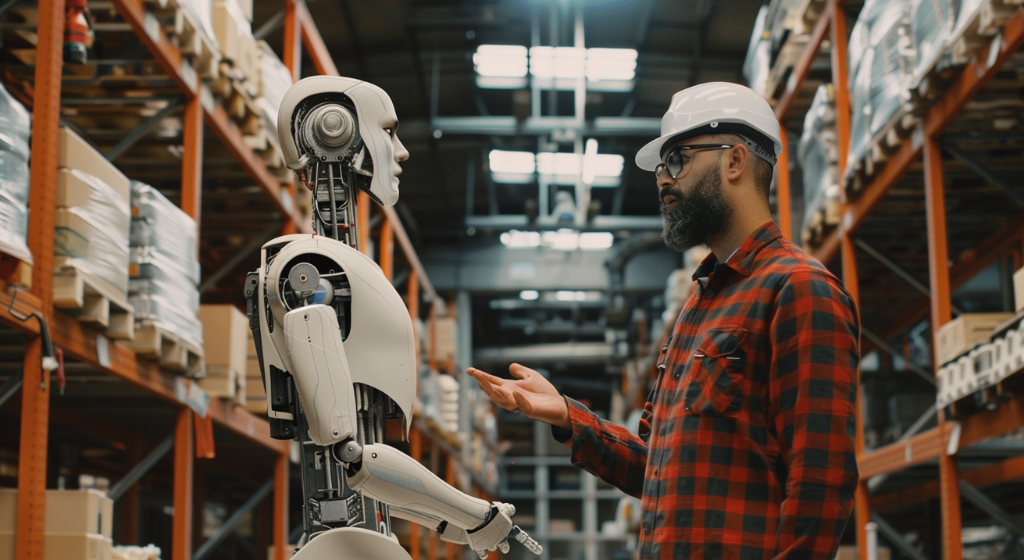
Though still in development and not without flaws, the technology signals that the same AI systems used for online chatbots and image generators will also drive machines in warehouses, on roads, and in homes. (Source: Image by RR)
Ex-OpenAI Researchers Pioneer AI-Driven Robotics for Physical Tasks
Covariant, a startup founded by former OpenAI researchers, is leveraging the same methodologies used to develop chatbots to create AI technology tailored to the physical world. Headquartered in Emeryville, Calif., Covariant focuses on enabling robots to do tasks like picking up, moving and sorting items in warehouses and distribution centers. By applying advanced data analysis techniques, the company aims to imbue robots with the ability to understand their surroundings and make informed decisions about their actions, marking a departure from traditional robotics programming paradigms.
The technology developed by Covariant relies on analyzing vast amounts of digital data, including images, text, and sensory inputs from cameras and other sensors. This data-driven approach allows robots to recognize patterns and correlations, enabling them to adapt to dynamic environments and respond to commands expressed in natural language. As reported in nytimes.com, Covariant’s system, known as R.F.M. (robotics foundational model), equips robots with the ability to handle unexpected situations and conversationally interact with humans, akin to chatbots.
Although still in development, Covariant’s technology represents a significant advancement in integrating AI systems into physical tasks, offering the potential to revolutionize how robots interact with the real world. While the technology may encounter occasional challenges and errors, researchers anticipate rapid improvements as it continues to be trained on increasingly diverse datasets. As a result, robots equipped with Covariant’s technology are expected to become more versatile, adaptable, and capable of handling a broader range of tasks with greater efficiency and reliability.
By bridging the gap between digital data analysis and physical world interaction, Covariant’s approach can potentially transform industries reliant on robotic automation, such as warehousing and manufacturing. As the technology matures and becomes more widely adopted, it is poised to enable robots to navigate complex environments, respond to dynamic conditions, and collaborate seamlessly with human workers, ushering in a new era of AI-powered robotics in the workplace
read more at nytimes.com







Leave A Comment